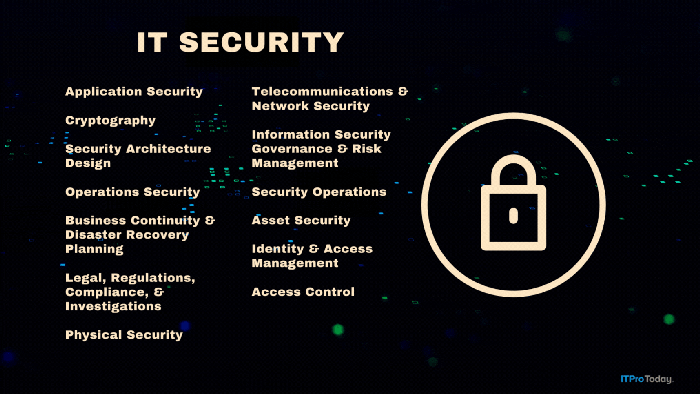Surviving the World of Obsolete
By March of this year, Windows 8.1 will be obsolete. That shiny new OS you've been using for a couple months on that shiny new touchscreen gadget will be no different than that iPhone 5C in your pocket.
January 8, 2014

I've been mulling this topic for several weeks, trying to come up with just the right direction. At one point I wanted to title it "The Age of Beta" which has a nice, pentameter-like ring to it. But, while "beta" does sort of cover the idea, it's really more than that.
In "We're Finally Living on Internet Time," Paul did a great job covering "how" we got here and why it took so long, but I believe it's important to expand the topic a bit and highlight the issues that it causes for IT Pros. And, of course, I have a bit different take on the topic.
Never before in history have customers been required so frequently to accept being guinea pigs for technology vendors. In the past year we've seen companies like Microsoft replaced the word "beta" with a kinder, gentler term: Public Preview. But, in truth, there's no difference between the two terms.
We live in a world where, at any given time, we're carrying around obsolete technology. Think about the smartphone you carry in your pocket or purse. The life of that device is just about 6 months. 6 months after you purchase the latest and greatest mobile technology it has been superseded by the next greatest thing. That wouldn't be so bad if your current device hadn't already gone through several updates, bug fixes, and hardware woes.
In the beginning, software bugs were the most we worried about. It was common practice for companies to wait for "Service Pack 1" before deploying any new Microsoft technology. SP1 meant that Microsoft had worked out most of the Gold release bugs and was the product was finally ready for company-wide deployment. Today, the woes of bugs have transcended the software industry and leaped into the hardware industry. Take for example, recent Microsoft Surface updates that diminished the value of the hardware, or the Dell Venue Pro 8 that had screen dimming issues and stylus use problems out of the box. Think about the original iPhones that couldn't function without dropping voice calls constantly. Vendors are using consumers as test subjects while they work to get their products right. In reality, they are dumping beta products on an unassuming public and expecting the public to sort out the issues for them. I guess QA departments are a thing of the past.
Paul's Internet Time definition is, well, scary. We've jested over this for years. But, with Microsoft's intent to rollout massive product updates every 6 months or so, it's now a reality. And, who suffers for it? Customers, and ultimately, the IT Pros tasked with supporting those customers.
By March 2014, Windows 8 will see another update, and you can bet a Windows Server 2012 update is not far behind. Those that have adopted that latest client and server operating systems from Microsoft will be tasked with a major update implementation shortly after. Through added features, Microsoft will tease companies into updating, but as I noted in "The Machine is Still Too Complex" this will add all new complications.
So, by March of this year, Windows 8.1 will be obsolete. That shiny new OS you've been using for a couple months on that shiny new touchscreen gadget will be no different than that iPhone 5C you just purchased. But, instead of being just a consumer thing, it will hit the business now, too. And, as time progresses, how many other pieces of technology in your organization will be outdated very quickly after deployment?
My recent article entitled "Tech Consumers Are Still Buying Snake Oil in 2014" adequately sums it up. Though I highlighted the Chromebook in that article, it’s a farther reaching topic. Too many companies are taking new technology at face value and gobbling up the vendor's marketing lines. The want and desire has become greater than the need. That's fine for retail consumers, but a business should be smarter than that.
So, how do organizations survive in the world of obsolete? I think it's time for companies to stop the habit of being so enamored by the prettiest things and focus on the true needs of the business. More than ever, IT Pros need to be highly educated on what's coming and whether or not it's just more than is required to support the business. For example, Work Folders in Windows Server 2012 is a great feature, but can a company live without it? That's up to IT Pros to decide, not the vendor. IT Pros need to do a better job of working closely with business leaders to help educate them on what makes sense. Build confidence and trust. Step out of the server room and into the board room.
About the Author
You May Also Like







.png?width=700&auto=webp&quality=80&disable=upscale)